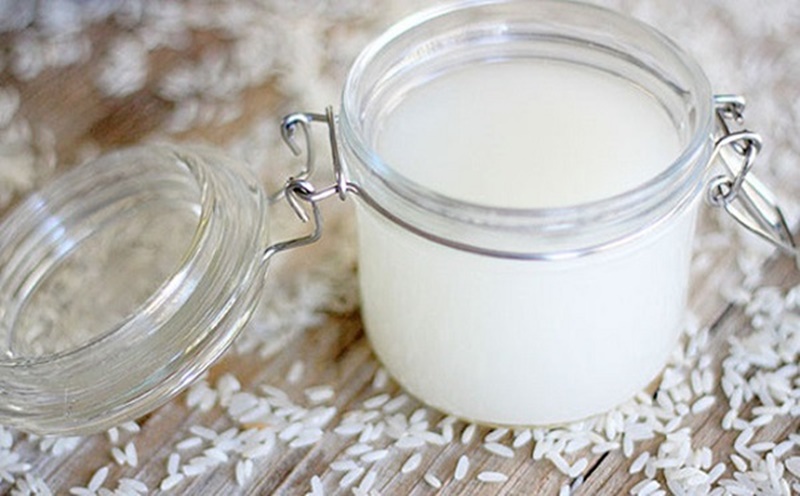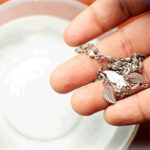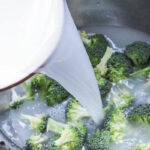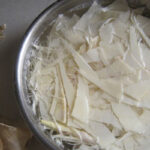Did you know that many families have a habit of washing pork with water? But have you ever tried washing meat with rice water? Yes, you heard that right – rice water! It may sound strange, but stick with me as we explore this unique practice in more detail.
1. Washing Meat with Rice Water
Rice water is known for its benefits for the skin, often used by women in their beauty routines. But did you know that it can also be used to wash meat, especially pork? Pork tends to have a high-fat content, and when washed with regular water, the fat can solidify and float on the surface, making it challenging to clean your sink afterward. However, rice water offers a fantastic solution to this problem. The starch in rice water absorbs and attracts dirt and grease from the meat, leaving it clean and fresh.
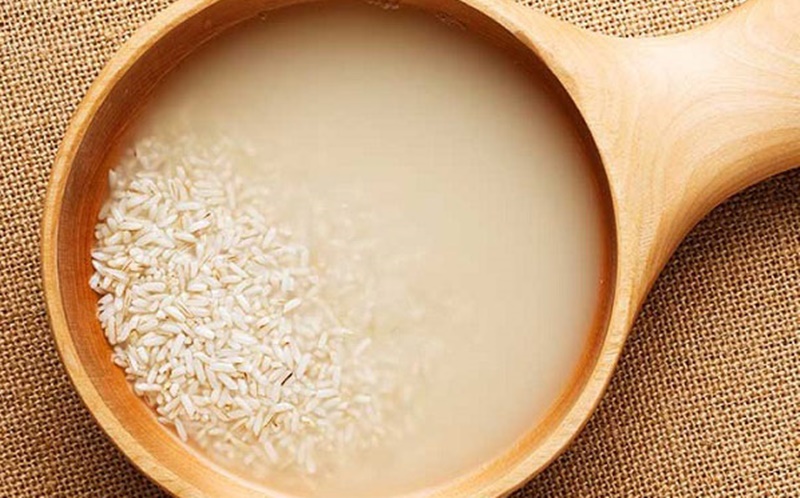
To use rice water for meat washing, simply soak the meat in a container filled with rice water for about 10 minutes. Ensure that the meat is fully submerged to allow all the impurities to be drawn out. After soaking, you’ll notice that the dirt and grease have floated to the surface. Give the meat a final rinse with water, and you’re done! It’s that easy yet incredibly effective.
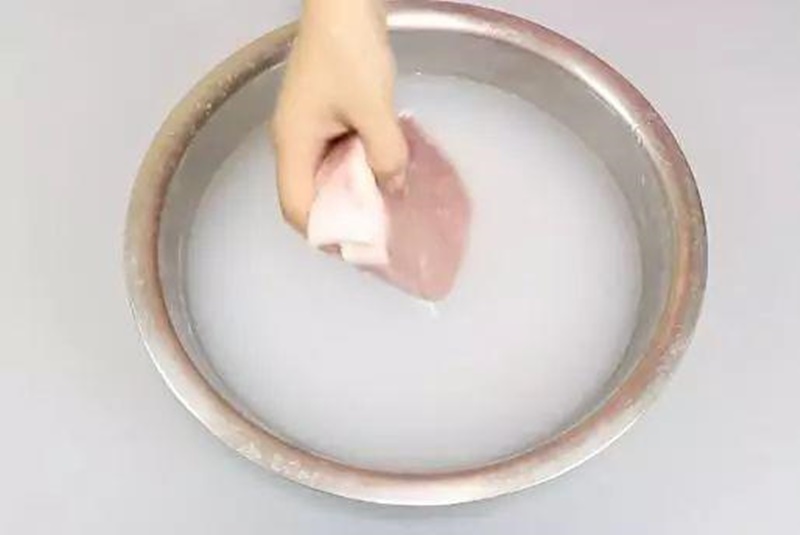
2. The Multiple Uses of Rice Water
Aside from being an excellent meat cleanser, rice water has a plethora of other useful applications around the house.
Face Wash
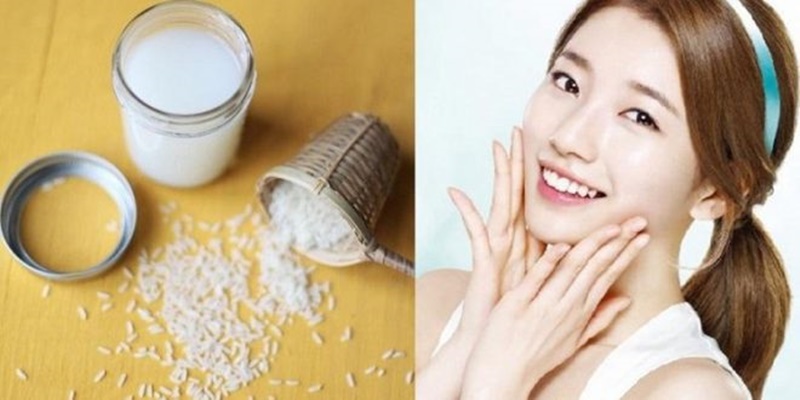
Rice water is a well-known natural remedy for achieving smooth and radiant skin. Simply use rice water in place of your regular water when washing your face, twice a day. However, it’s important to note that when using rice water for facial cleansing, you must be diligent with sun protection.
Reference:
Washing Vegetables, Fruits, Meat, and Fish
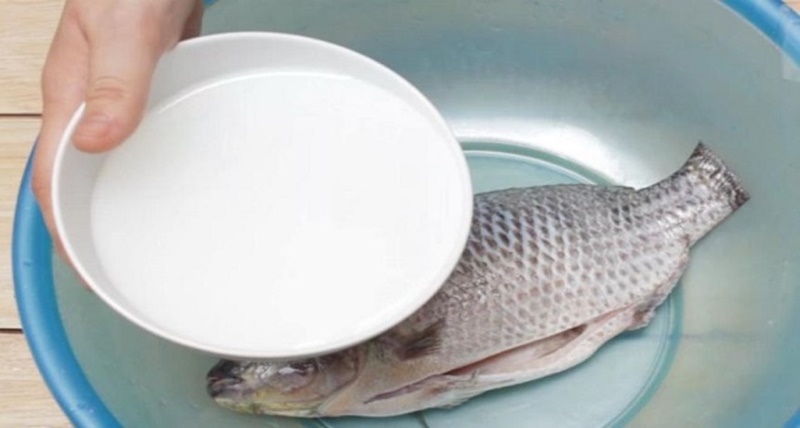
When it comes to washing produce, meat, and fish, hygiene is crucial due to the presence of pesticides and other contaminants. Similar to meat washing, you can soak your fruits, vegetables, meat, and fish in rice water, with a splash of vinegar for added cleaning power. Afterward, give them a quick rinse under clean water.
Washing Dishes
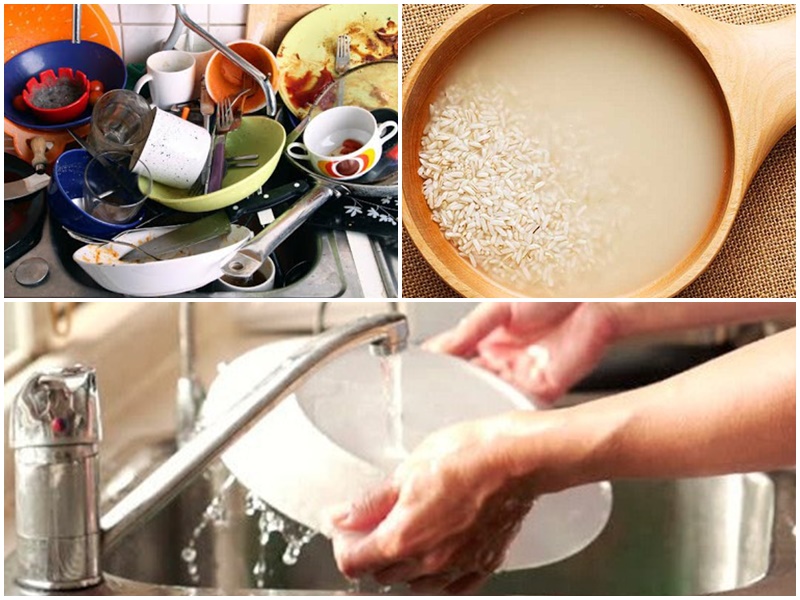
If you’re looking for an alternative to harsh dishwashing detergents, rice water is a great option. Use a soft, abrasive cloth to scrub your dishes with rice water, and watch as the grime melts away.
Reference:
I hope this article has provided you with some useful tips and tricks for using rice water in your daily life. If you have any questions or additional insights to share, don’t hesitate to reach out!
The Ultimate Guide to Silver Cleaning: Instant Shine, No Fuss!
Introducing the ultimate guide to bringing your dull and tarnished silver back to life! With these simple and effective traditional tips and tricks, you can easily restore your silver items to their original sparkling glory. Imagine having your silverware and jewelry looking brand new again, impressing your guests and adding a touch of elegance to your home. Say goodbye to dull and faded silver, and hello to a brilliant shine!
“The Art of Removing Bitterness from Bamboo Shoots”
“Bamboo shoots are a beloved ingredient in Vietnamese cuisine, often featured in noodle dishes, soups, and vegetarian fare. Today, Bach Hoa XANH will guide you through the process of eliminating the bitter taste of bamboo shoots. With these simple techniques, you can enjoy bitter-free bamboo shoots in your favorite dishes.”


























